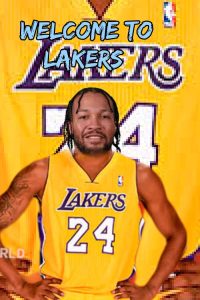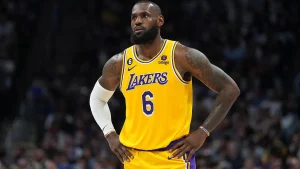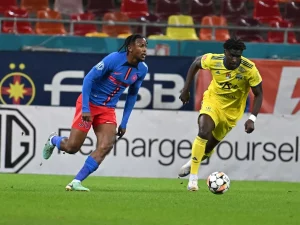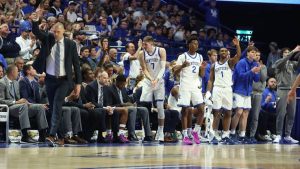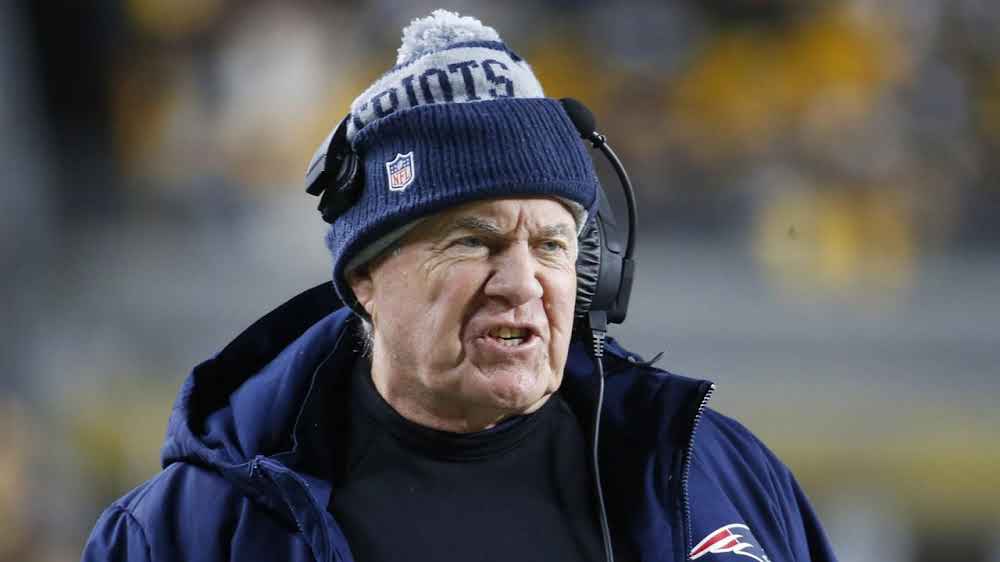
Bill Belichick and the New England Patriots parted ways in January, which was not surprising. Belichick may be the greatest football coach of all time, but his resignation followed months of speculation that he and the team he led to six Super Bowl victories would part ways after a difficult few seasons.
What was surprising was that Belichick received very little attention from the seven other NFL teams with head coaching vacancies, only interviewing seriously with the Atlanta Falcons, who finally passed him up to bring back their former temporary head coach, Raheem Morris.
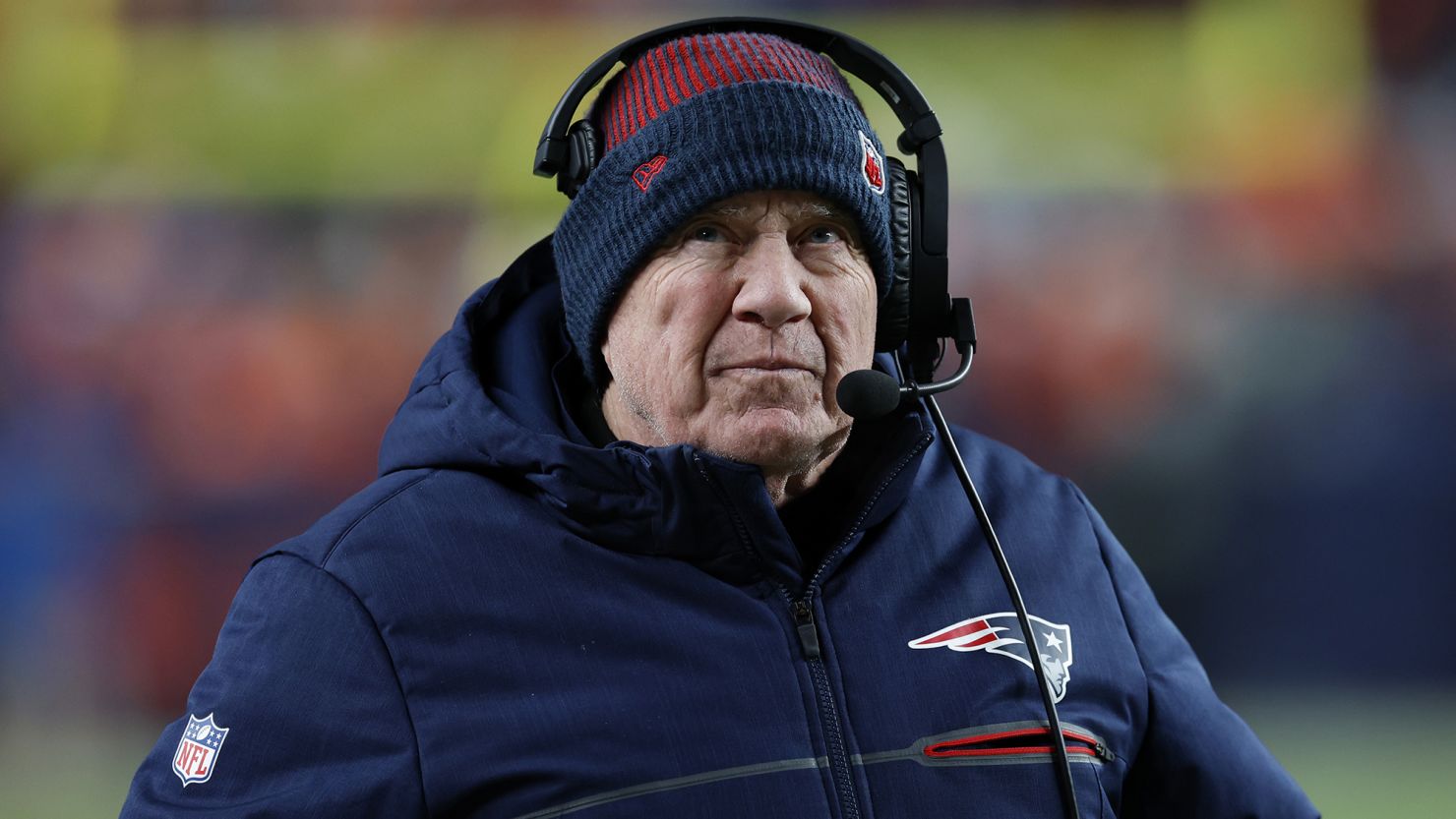
Bill Belichick and the New England Patriots split up in January, which was unsurprising. Belichick may be the greatest football coach of all time, but his retirement came after months of speculation that he and the squad he led to six Super Bowl victories were splitting up following a difficult few seasons.
What surprised me was that Belichick received very little attention from the seven other NFL teams with head coaching vacancies, only interviewing seriously with the Atlanta Falcons, who eventually passed him up to bring back their previous interim head coach, Raheem Morris.
However, a piece from The Athletic offered light on the opinions of the teams that passed on Belichick, highlighting how the coach refused to relinquish complete control over personnel while in New England and doubting whether he would do so with a new team.
Belichick wielded significant power as both head coach and general manager since Patriots owner Robert Kraft hired him in 2000, and his refusal to relinquish some of that control despite New England’s losing records in three of the last four seasons worried potential future employers, according to the report.
That power structure is becoming increasingly rare in the NFL, and any team that hired Belichick would almost certainly have had to make some changes. That apparently made hiring the second-winningest coach in NFL history more difficult.



